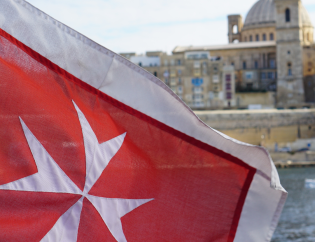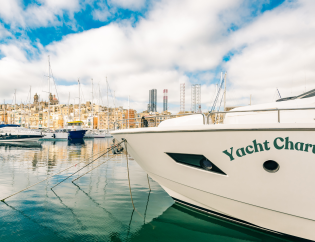Brief Overview of the Budget 2020
The Maltese economy continues to show strong growth. During the first six months of the year, the Maltese economy grew by 4.7%. Employment is predicted to grow by 4.1% with unemployment rates forecasted to stabilize from the current rate of 3.3% recorded in August 2019 to 3.5% next year. Public debt stands at around 45.8% of GDP and is expected to continue to drop to 40.4% in 2020. The total value output of Malta’s economy is expected to grow to €14 billion in 2020, which is twice as much the value it was in 2013.
Therefore, Budget 2020 in line with a Government operating in a buoyant economy and thus having a surplus in its public finances. The measures intended to help those pockets of society that need most is very positive. The decisive action and measures in favour of the environment, are also positive. However Government could have addressed certain problems the country is facing in the short-term. Issues of shortage of teachers, handling of construction waste and traffic congestion remained largely unaddressed in the short-term, whereby incentives could have helped to address issues in these sectors.
What is disappointing is the very short mention in the budget speech of financial services, merely a few sentences. This is a very important economic sector which employs some 12,000 persons. Our financial jurisdiction is frequently in the news for the wrong reasons. With regards the IIP scheme which recently also led to international bad press, there was no mention as to whether government should now consider closing off this scheme as it was never intended to remain open perpetually. When you put together the loss of reputation of the jurisdiction, the de-risking of banks, the reduction of services offered by commercial banks (like HSBC advised recently), one feels that Government should be giving more importance to tackle the challenges this sector is facing from various angles, whilst investing in defending Malta as a financial jurisdiction. However the action to have a detailed strategy to implement the Moneyval report and the limits of €10,000 for cash transactions in property and valuables are extremely positive, giving a strong signal in the right direction.
Government could also have targeted the business community to help it increase its competitiveness through research, innovation, addressing the skills gap and assisting in the further consolidation of value-adding economic activities. Programmes in this direction would have been helpful.
Some Selected Highlights:-
- Focus of budget is on sustainability to ensure economic growth in the future. No new taxes. In 2020 public finances will also end up with a surplus, the 5th consecutive year this will be achieved.
- Pension increases: All pensions will see a €3.51 will increase per week + €3.49 COLA increase. So a total of €7 per week increase.
- A tax refund ranging between € 40 and € 68 will be granted again in 2020 to individuals in the labour force earning less than € 60,000 plus a one-time additional bonus of € 15 for single persons and € 35 for families.
- The granting of an additional day of leave in 2020 (to 27 days) to compensate for public holidays falling on weekends
- Public transport will be free also for all those aged 75 years or over
- From 1st January 2020 a new bonus of €300 to be paid for every new born child or new adoption
- First time buyers too see that the limit of exemption for property stamp duty is now increased to €175,000 from the previous €150,000
- New agency Financial Crime Agency to complement the Police Cybercrime unit. The Moneyval report is being addressed by a detailed strategic plan.
- A new scheme will come into force in 2020 and is addressed for those young would-be property owners who do not have enough money to pay the 10% deposit on a home loan. The government will be granting out loans for this purpose, with interest rates paid for by the government.
- Under 40s whose income is too low for them to get onto the property ladder will be eligible for an interest-free loan of up to €17,500, repayable over 15 years. Further details to be issued.
- Next year a new strategy will be launched to reach carbon neutrality by 2050
- To incentivise the use of electric cars, a lower electricity tariff will be offered to residential houses who charge their electric cars at home.
- Single use plastics (cutlery, straws, etc…) will be prohibited from being sold from 1st January 2021, whilst the beverage plastic bottle collection scheme will be launched by the end of 2019.
- Rinella Bay and Ghadira Bay may be extended next year to create bigger beaches.
- Infrastructure Malta will complete the Marsa junction project and Santa Lucija tunnels by end of 2020, to then proceed to the road projects in Msida and Pembroke.
- Investment in primary health care, with a new regional centre in the North and a new primary health care centre in Gozo.
- 26,000 students are using free school transport to an annual cost of €27 million.










